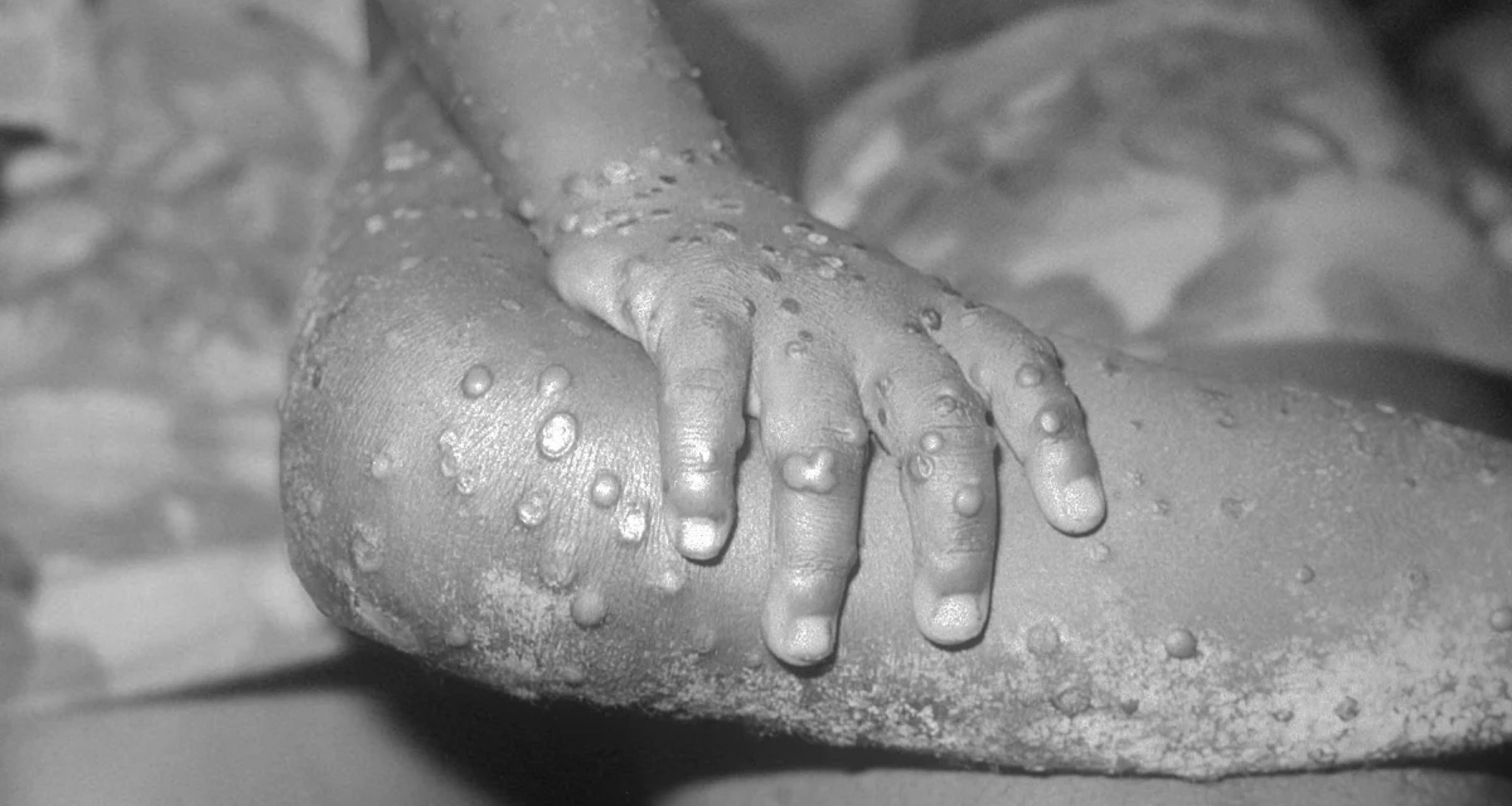Monkeypox: Charities call for urgent action to tackle outbreak
Experts say the number of cases is doubling every 15 days.

Words: Alastair James; pictures: Wiki Commons
Charities are calling for urgent action from the government to tackle the spread of monkeypox in the UK.
The British Association of Sexual Health & HIV (BASHH), Association of Directors of Public Health, Terrence Higgins Trust, National AIDS Trust, British HIV Association, LGBT Foundation, PrEPster, i-base, and the UK Community Advisory Board have banded together to call on the Government to provide £51 million to help curb the outbreak.
Current modelling shows #monkeypox cases are doubling every 15 days.
Today we’re calling for urgent action from @UKHSA, @NHSEngland and @DHSCgovuk to do what’s necessary to stop monkeypox becoming endemic in the UK, including properly resourcing the vaccination programme 👇 pic.twitter.com/1CDaxE96gV
— Terrence Higgins Trust (@THTorguk) July 12, 2022
The UKHSA reports that as of 6 July there have been 1,517 laboratory-confirmed cases in the UK with most of those being in gay and bisexual men and men who have sex with men (MSM)
The agency’s latest research indicates “no signs of a decline in the outbreak,” and that it continues to spread mainly in the aforementioned communities.
A vaccination program has begun, which today’s (12 July) call from the charities addresses.
The above charities say £51 million is needed “to stop monkeypox becoming endemic in the UK” and they claim that sexual health clinics are already being overwhelmed by rising numbers.
“Many sexual health services are already reporting reductions in other services because of the additional burden of monkeypox, with some seeing a 90 percent reduction in access to the HIV prevention pill PrEP and long-acting reversible contraception (LARC),” according to a release from the charities.
They warn inaction could affect other communities besides MSM including young children, older people, and the pregnant.
Got a rash with blisters plus aches, a fever and swollen glands?
You could have #monkeypox.Anyone can catch it through close physical contact, or by sharing towels or bedsheets.
Keep everyone safe by avoiding close contact with others & visit https://t.co/sQz88DMgbM
— UK Health Security Agency (@UKHSA) July 12, 2022
The money would help control the outbreak, optimise monkeypox care, protect the wider service delivery of sexual health services, and support those isolating because of monkeypox.
It would also, the charities say, ensure “appropriate resourcing” for a targeted vaccine programme for gay and bisexual men to be delivered, with BASHH estimating that it costs £62.63 to deliver two vaccine doses 28 days apart.
The charities say the current vaccine rollout is too slow and lack coordination as well as there being insufficient quantities of it. They say 250,000 doses are needed for 125,000 people.
Dr. Claire Dewsnap, President of the British Association of Sexual Health & HIV, says: “Monkeypox cases are currently doubling every 15 days and we have now reached a critical point in our ability to control its spread.
“Already-stretched sexual health services are buckling under the additional pressures that the outbreak is placing upon them, and an increasing volume of core sexual health care is being displaced as a result. This has left us on the precipice of a fresh public health crisis, one which can only be averted with urgent, additional support.”
Deborah Gold, the Chief Executive of National AIDS Trust, adds: “Sexual Health Clinics are struggling to protect us from Monkeypox without additional support. It’s alarming that clinics are left with no choice but to strip back other vital services, like HIV prevention. We cannot let this happen. We have the ability to keep this under control if we act fast.”
In June the UKHSA announced a strategy that those deemed at higher risk of catching monkeypox be offered the smallpox vaccine Imvanex, which is shown to be effective against monkeypox.
NEWS: #Monkeypox vaccine to be offered more widely to help control outbreak.
Read more: https://t.co/noGY7eDnIb
— UK Health Security Agency (@UKHSA) June 21, 2022
Monkeypox is a viral infection usually associated with travel to West Africa and is usually spread through close contact. It hasn’t been listed as an STD before but can be passed on during sex.
Most people recover within a few weeks.
The signs and symptoms to look out for include: fever, aches and pains, tiredness, chills, swollen glands, and a rash that appears after a few days starting on the face and hands and spreads to the rest of the body, including the genitals. This goes through various stages of appearance: from red spots, to blisters, to scabs (a bit like chicken pox).
Anyone with concerns is being advised to contact NHS 111 or a sexual health clinic. People should notify clinics ahead of their visit.
The Attitude July/August issue is out now.
